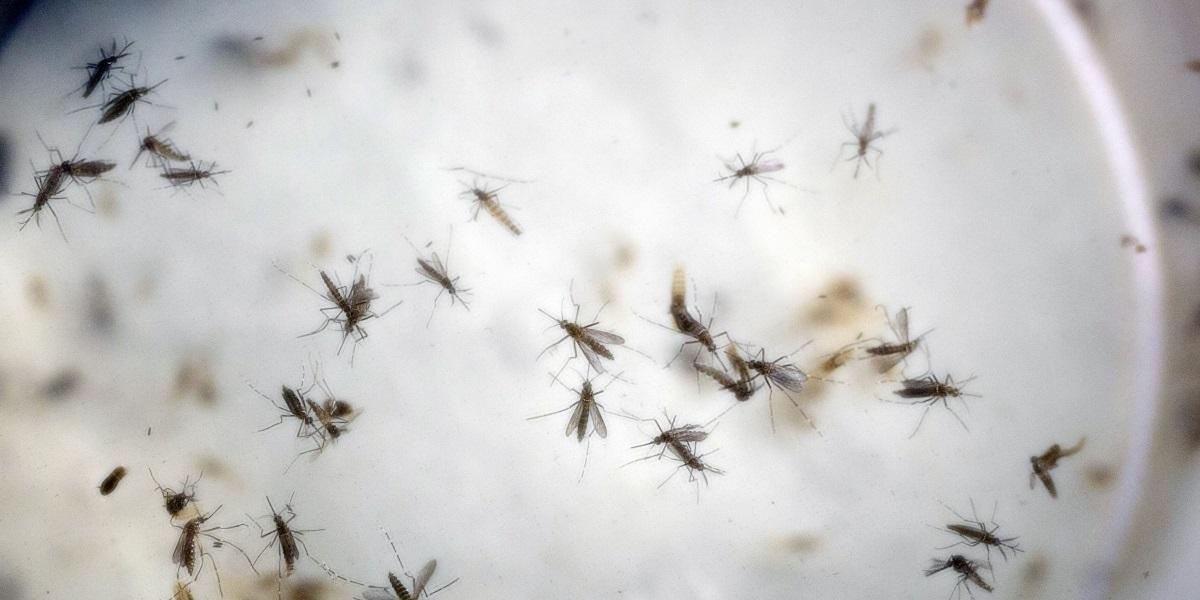Georgia Ups Efforts To Track Mosquitoes Linked To Zika

The Georgia Department of Public Health is increasing efforts to track the mosquito species known to carry the Zika virus, which has been linked to severe birth defects and other neurological disorders.
Researchers say Zika can be carried by two species of mosquitoes. There’s the Asian Tiger mosquito, or Aedes albopictus, which is more common in Georgia.
The primary carrier, though, is the Aedes aegypti, and its prevalence here isn’t as well documented, DPH’s Director of Environmental Health Dr. Chris Rustin said.
He said the agency has dedicated new staff to set up and monitor more traps across the state.
“We’re going to have a better map of surveillance over multiple counties and multiple regions of the state,” Rustin said, “which really helps us get a better picture of what our mosquito problem is, do we have an Aedes aegypti problem, and then it helps tailor our public health message.”
Rustin said the state has tracked the mosquitos prior to now, but state traps where only set up at around a dozen or so sites. He said in the past, Aedes aegypti mosquitoes have been found only in the Columbus and Savannah areas, but he added that doesn’t mean that they’re not in other counties.
“Once we start getting all this new surveillance data coming, that will give us a better picture of do we have the Aedes aegypti mosquito, which is the one we’re worried about in other counties in the state,” Rustin said.
He said increased monitoring will give a better picture of how widespread these mosquitoes actually are, and that initial results should be in by the end of the month.
Rustin said DPH has made some new hires to monitor the additional mosquito traps, but they’re being paid with money from other divisions. He says long-term work is contingent on new funding from the Centers for Disease Control and Prevention.
The Department of Public Health said Georgia has seen 21 Zika cases so far, all of them travel-related. Of those cases, one was acquired through sexual transmission. Another case involves a pregnant woman.
9(MDAxODM0MDY4MDEyMTY4NDA3MzI3YjkzMw004))








